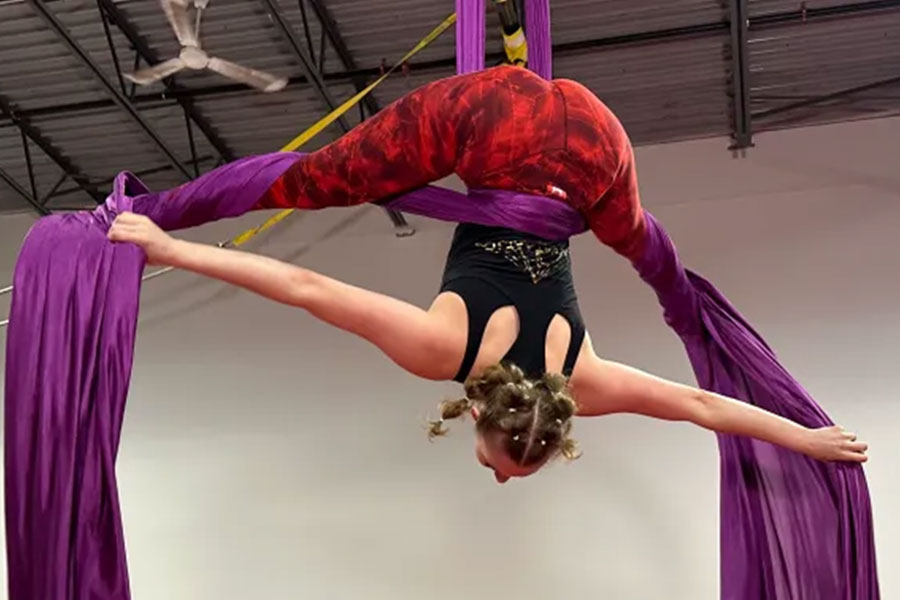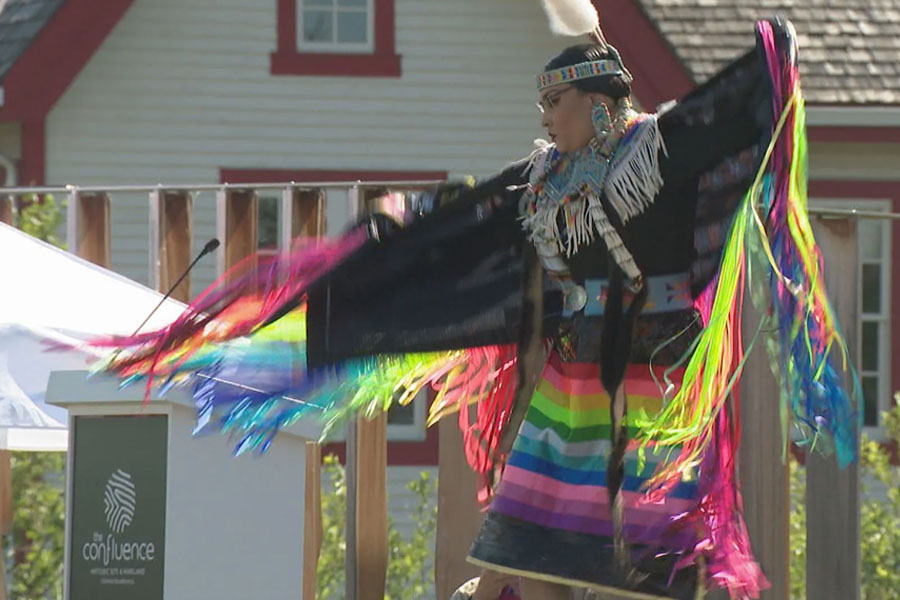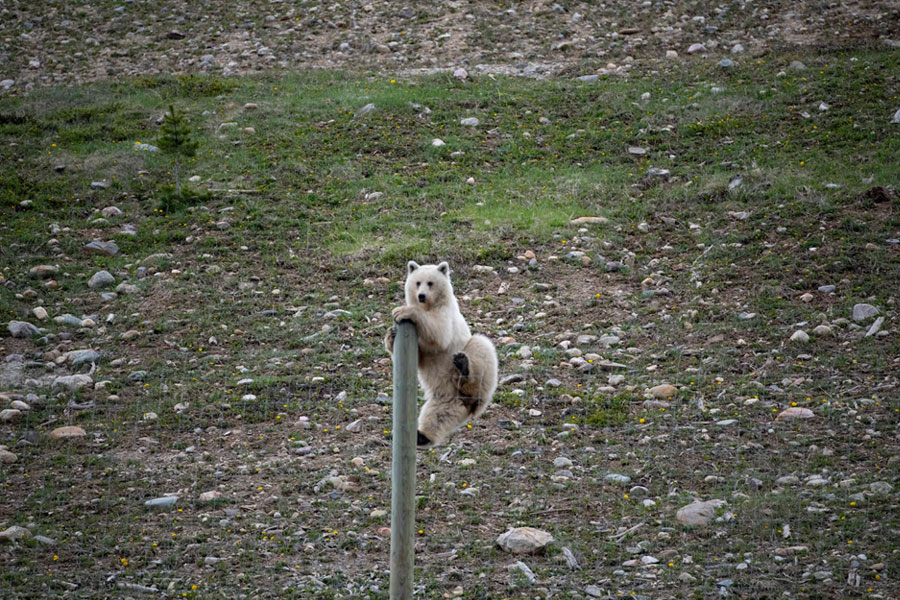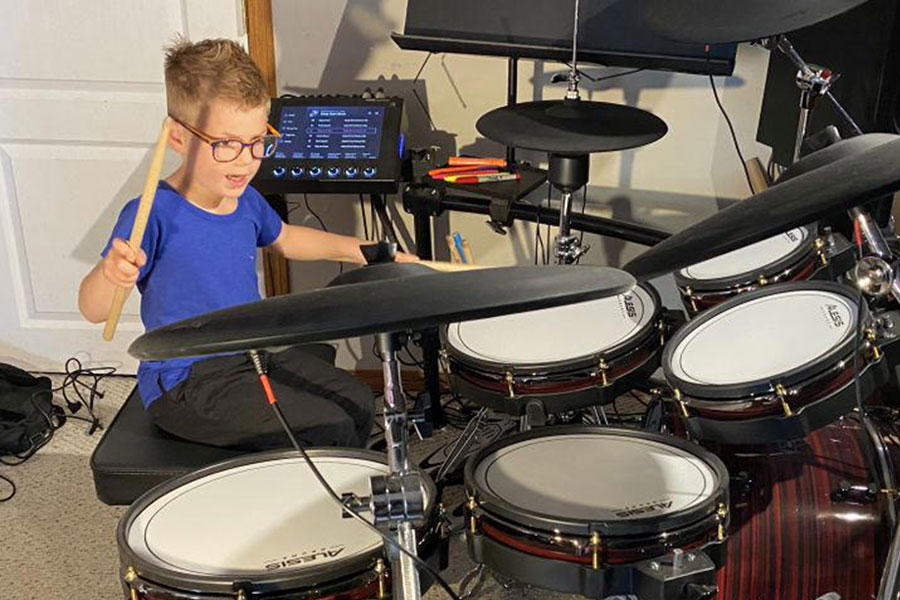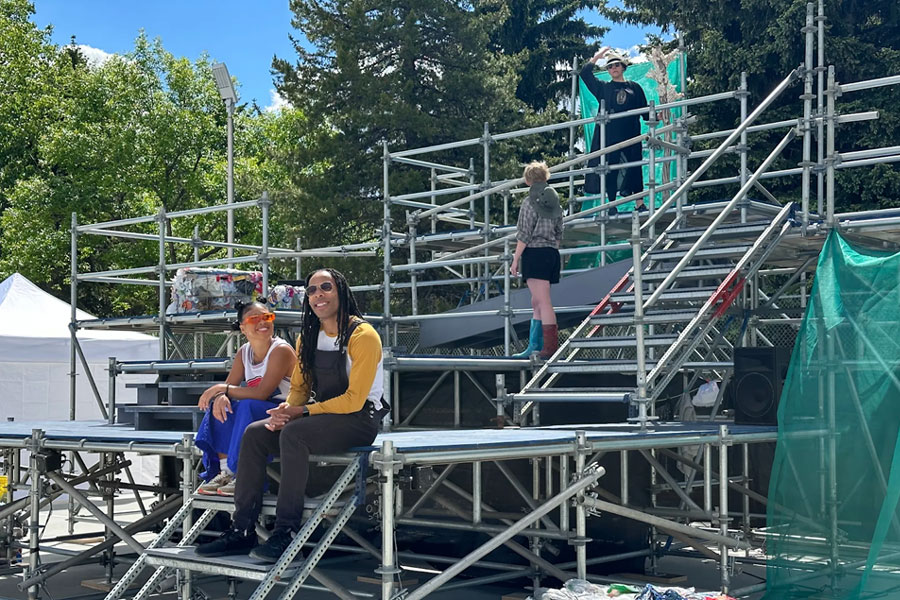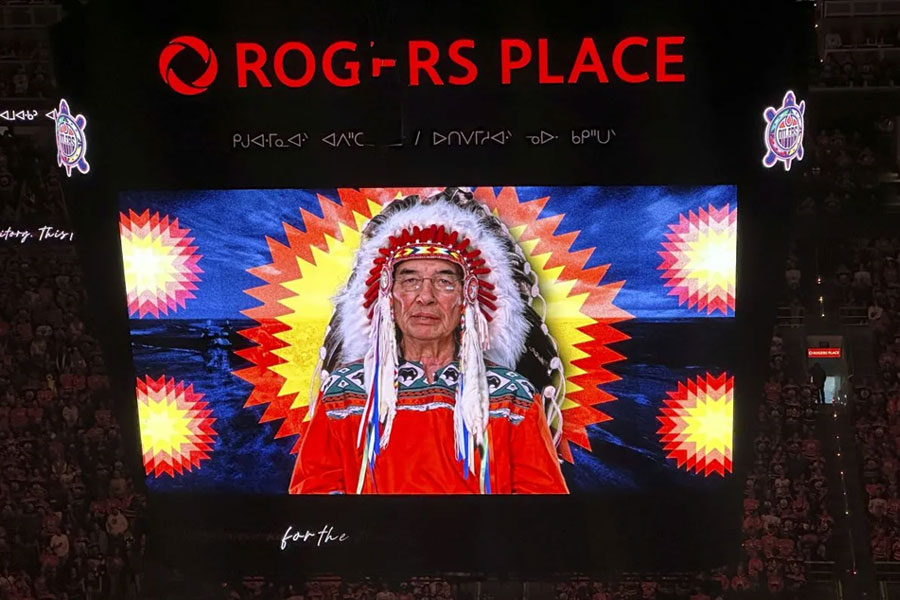
Chief Willie Littlechild's moving land recognition video sets the stage before Game 3 of the Stanley Cup Final on June 13, 2024, in Edmonton, Alberta. Since 2021, the Edmonton Oilers have featured this powerful tribute before every game, honoring First Nations heritage. Don't miss this touching moment before the puck drops!
Every time the Edmonton Oilers hit the ice at Rogers Place, something special happens before the puck even drops. It's not just the roar of the crowd or the anthem; it's a moment of recognition. Chief Willie Littlechild's voice fills the arena, echoing a message that stretches beyond hockey. He welcomes everyone to Treaty 6 territory, a place steeped in the histories of Métis, Inuit, Cree, Dene, Blackfoot, Saulteaux, and Nakota Sioux peoples.
This tradition began in 2021 and has since become a hallmark of Oilers' home games, gaining attention across North America, especially now during the Stanley Cup Final against Florida. Littlechild sees this as more than a gesture; it's a step towards reconciliation. For nine years, he's been a part of the Oilers' community foundation board, witnessing firsthand how the team has pioneered Indigenous inclusion not only in Canada but throughout the NHL.
The journey began with Canada's National Truth and Reconciliation Commission, a pivotal study that highlighted the mistreatment of Indigenous children in residential schools. Littlechild emphasizes that it called upon all sectors, including sports, to forge stronger ties with Indigenous communities. The Oilers took this call seriously, moving beyond token gestures to real action and partnership.
Tim Shipton, Oilers Entertainment Group's executive vice president, stresses that their commitment runs deep. It's about recognizing the significance of the Indigenous community in northern Alberta, where passionate fans span across various nations. This outreach isn't just about hockey games; it's about meaningful engagement.
One area where this engagement shines is in youth sports. The Oilers have been instrumental in boosting Indigenous girls' hockey, hosting special celebrations and partnering with local organizations like Edmonton’s Inner City Youth Development Association and the Bent Arrow Traditional Healing Society. Littlechild sees these efforts as crucial steps in using sports, especially hockey, to build bridges and foster understanding.
Shipton notes that the impact of their actions goes beyond Edmonton. Other teams and organizations have reached out, curious about their approach. The pre-game land recognition video, which debuted in October 2021, has sparked conversations about reconciliation across the league and beyond.
For Littlechild, this recognition is more than a video on a screen—it's a message of respect and partnership. He believes it sends a powerful signal to Indigenous communities across Canada and the U.S. that through sports like hockey, we can create positive change.
As the Oilers continue their playoff journey, their off-ice efforts resonate loudly. They remind us that sports can be a powerful tool for unity and understanding, capable of transcending scores and trophies to touch hearts and minds.
In Edmonton, before the cheers and the adrenaline of the game, there's a moment of reflection—a reminder of whose land we stand on and the importance of walking together toward a better future.
